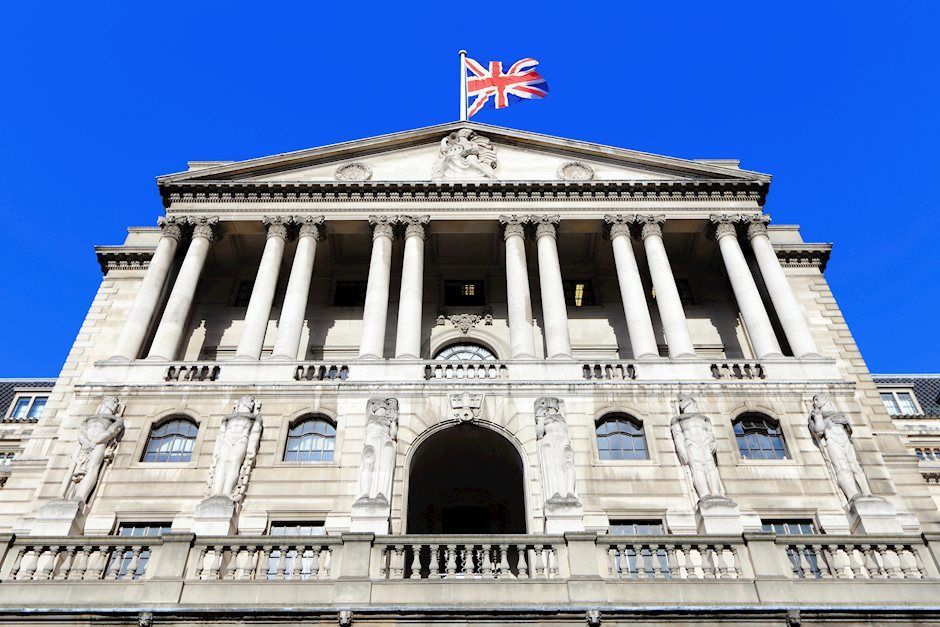BoE’s Greene: Unclear how Trump tariffs would move UK inflation

Bank of England (BoE) policymaker Megan Greene said on Thursday that it is still unclear whether higher US tariffs on goods imports proposed by U.S. President-elect Donald Trump would raise or lower UK inflation, per Reuters.
Key quotes
"None of us know exactly what those tariffs might look like. We can't even work out which direction tariffs would push inflation, in particular in the UK and also in the euro zone to some degree."
“Given the structure of the UK mortgage market in particular, I think consumption will take a while to recover, even as rates are coming down just because of the fixed terms of UK mortgages.”
“I think there could be weak consumption for a while in the UK and also across Europe, whereas the US consumer just seems to see no bounds.”
“Services inflation, in particular, has remained stubbornly high.”
“That’s underpinned mostly by wage growth. Wage growth has been coming down as well, but not as quickly as I would have liked.”
Market reaction
The GBP/USD pair is trading 0.06% higher on the day at 1.2758, as of writing.
BoE FAQs
The Bank of England (BoE) decides monetary policy for the United Kingdom. Its primary goal is to achieve ‘price stability’, or a steady inflation rate of 2%. Its tool for achieving this is via the adjustment of base lending rates. The BoE sets the rate at which it lends to commercial banks and banks lend to each other, determining the level of interest rates in the economy overall. This also impacts the value of the Pound Sterling (GBP).
When inflation is above the Bank of England’s target it responds by raising interest rates, making it more expensive for people and businesses to access credit. This is positive for the Pound Sterling because higher interest rates make the UK a more attractive place for global investors to park their money. When inflation falls below target, it is a sign economic growth is slowing, and the BoE will consider lowering interest rates to cheapen credit in the hope businesses will borrow to invest in growth-generating projects – a negative for the Pound Sterling.
In extreme situations, the Bank of England can enact a policy called Quantitative Easing (QE). QE is the process by which the BoE substantially increases the flow of credit in a stuck financial system. QE is a last resort policy when lowering interest rates will not achieve the necessary result. The process of QE involves the BoE printing money to buy assets – usually government or AAA-rated corporate bonds – from banks and other financial institutions. QE usually results in a weaker Pound Sterling.
Quantitative tightening (QT) is the reverse of QE, enacted when the economy is strengthening and inflation starts rising. Whilst in QE the Bank of England (BoE) purchases government and corporate bonds from financial institutions to encourage them to lend; in QT, the BoE stops buying more bonds, and stops reinvesting the principal maturing on the bonds it already holds. It is usually positive for the Pound Sterling.
Author

Lallalit Srijandorn
FXStreet
Lallalit Srijandorn is a Parisian at heart. She has lived in France since 2019 and now becomes a digital entrepreneur based in Paris and Bangkok.

















